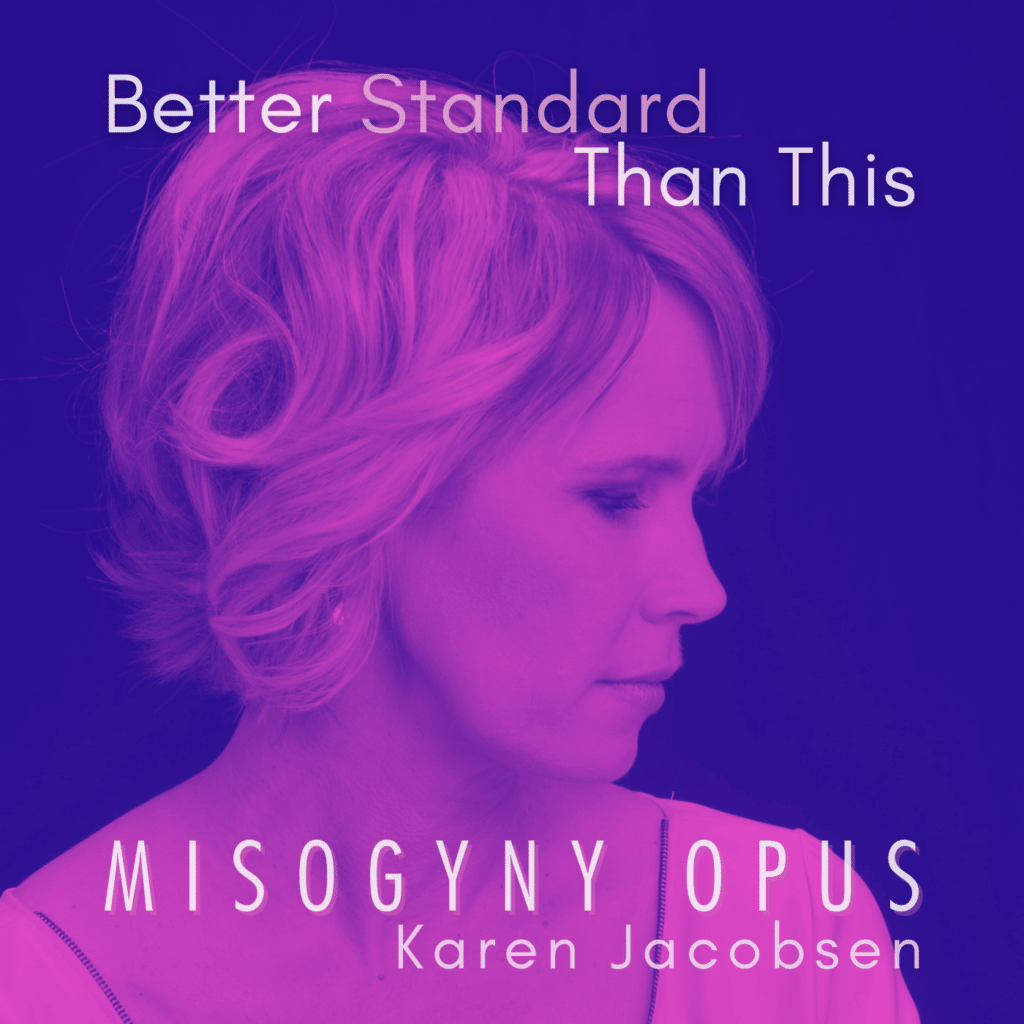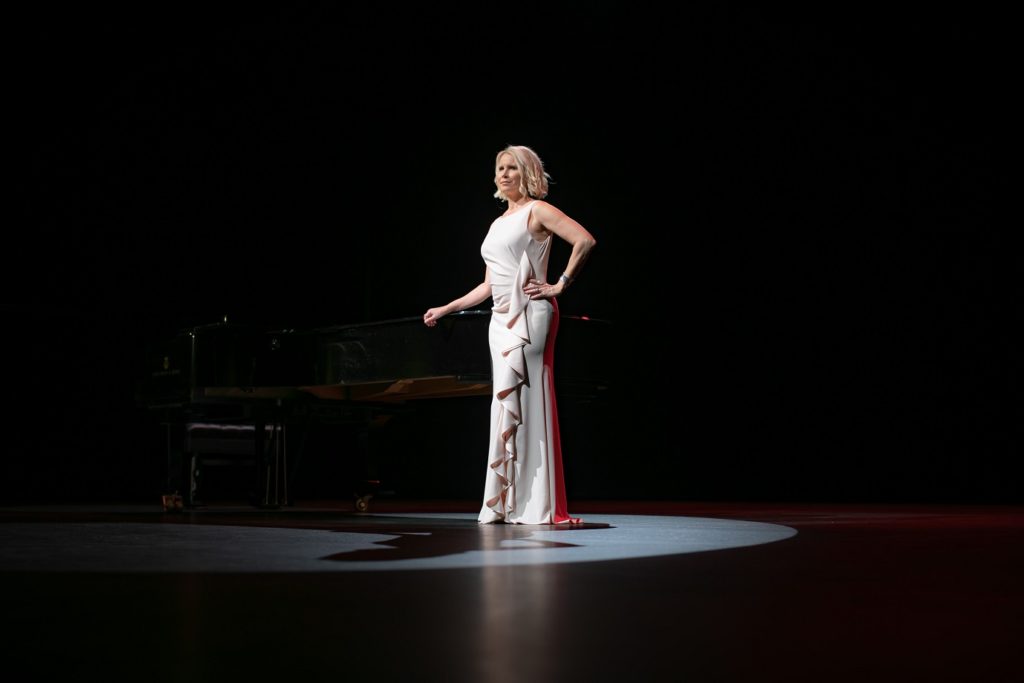Watching Annabel Crabb interview former Prime Minister Julia Gillard about her iconic misogyny speech in the ABC series Ms Represented hit me like a bolt from the blue. Even though the speech was almost 10 years old, it still rang so true.
How can we live in an age with all the marvellous technologies, innovative advancements and wonders, and still treat women unequally? Julia’s words resonated with me, and I felt equal parts of pride and mortification that as women, we have come so far, but still have a long way to go.
August 2021 saw us emerge from the MeToo movement, bristling with outrage that women were still not treated as equals. The world was in chaos. There were millions of women impacted by COVID, carrying the bulk of the mental load for home schooling and all the other things women do, and trying to juggle businesses and work. Women were and still are underrepresented at the seats of power and are still paid less than their male counterparts.
Julia Gillard’s speech struck a chord in me, and I knew I wanted to add my voice to hasten what should be a no brainer – treating women as equals across all aspects of life and truly believing that equality benefits all.
The message of equality is urgently needed. In fact, we are in an emergency worldwide. Like most women on the planet, I have experienced misogyny and sexism consistently, repeatedly in small and large ways in my daily life and career. It’s endemic, it’s in our language, our learned behaviours, our systems, and it grips us in a society that does not give freedom and equality to everyone. Many women around the world are still considered possessions of men. In Australia, the horror of domestic and family violence is devastatingly widespread.
With Prime Minister Julia Gillard’s powerful words (and permission), Karen Jacobsen composed a long form pop orchestral work setting them to music.

Why did I write this musical work of creative advocacy? My role as international patron with Broken to Brilliant, a survivor led not for profit, opened my eyes shockingly, and I deeply believe we can do better.
On that day in August, I searched up a transcript of the speech and raced to my piano. Yes, I raced. An urgency overcame me, and I knew I could use my talents to make a difference. I started to set the speech, word for word, to music. As I put my hands on the piano keys, the music was all there, waiting for me to capture it. That first day, I wrote for four hours before realising the words weren’t mine, and I needed to ask permission. I wrote to Julia Gillard through the contact page on her website and was thrilled when I received word from her saying I could use her words.
Almost 10 years on, the first part of the “Misogyny Opus” was released, and in a few days, there were over 20,000 views of the music video on YouTube. Going by the messages I have received, this speech is still as powerful as it was on October 9, 2012, when Julia had enough of the horrendous behaviour of some who should have known better.
While the Misogyny Speech was about gender equality, it was and is about human equality. The important conversation the Misogyny Opus is designed to spark is equality for all human beings. My great wish is that this unique musical access point to an essential message can inspire a wave of equality and empower us to take actions in our daily lives; to think and act in a way that moves us to a world and communities where there is actual equality.
Commemorating the 10th anniversary of the speech, this first song Better Standard Than This will be followed by the remainder of the full 50+ minute pop orchestral work, setting the entire speech to music. The music video includes 70 equality advocates from around the world, each lip syncing a section of the piece, including Jane Caro OAM, Caz Adams, Lucie Arnaz, Eammon Ashton-Atkinson, Nick Earls, Kay McGrath OAM, Jules Brooke, Annette Densham, Dr. Dinesh Palipana OAM and Ian Roberts.
Thank you, Julia Gillard, for your courage and impact. As someone who has experienced misogyny and sexism throughout my career and life, I believe all of us deserve a Better Standard Than This. May the message of this creative advocacy project move us toward equality.

